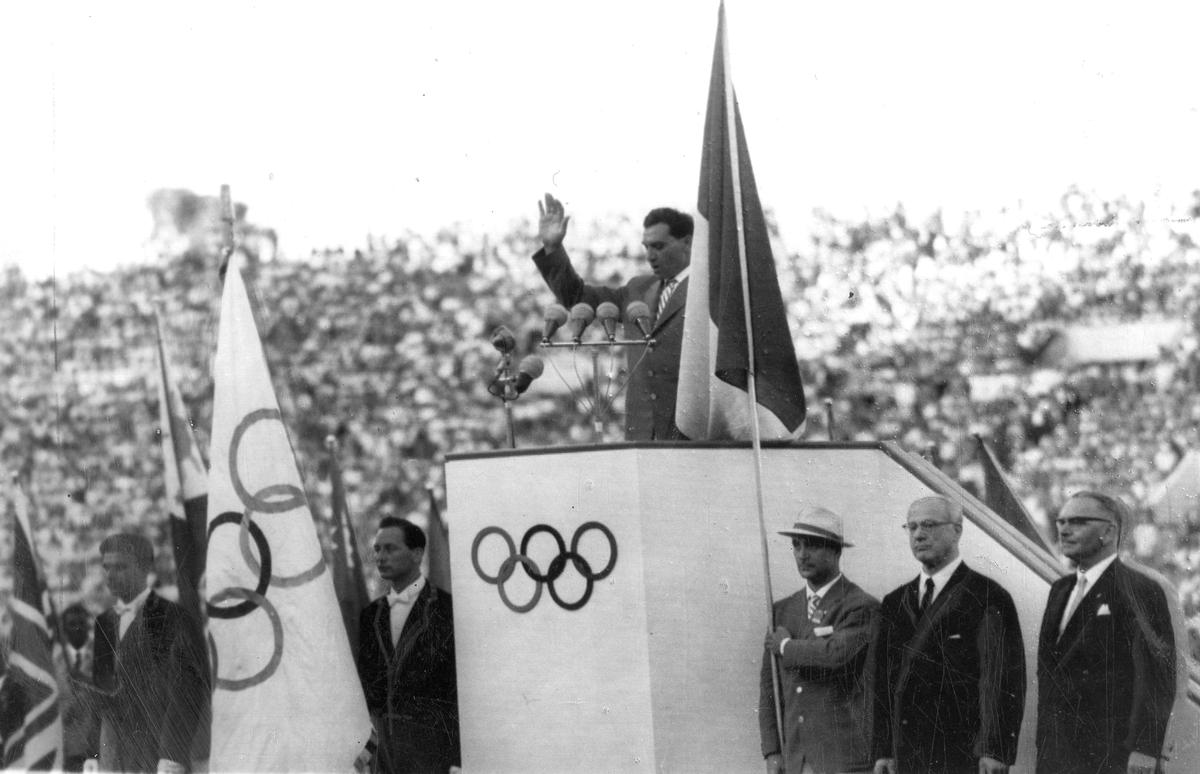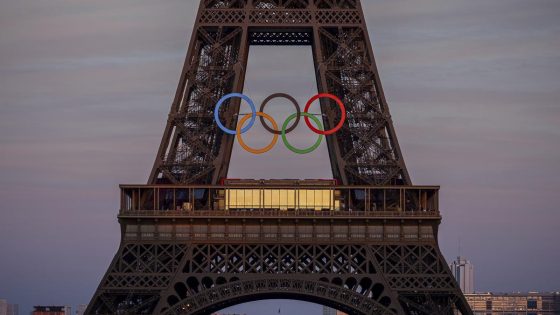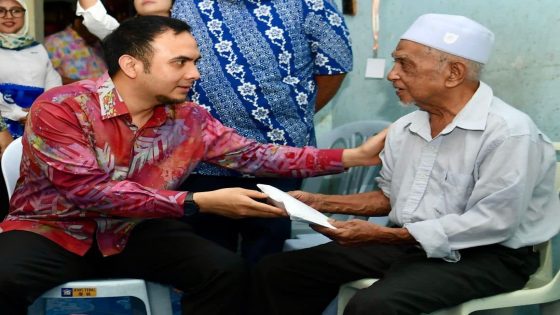The Olympic oath is a protocol element taken during the opening ceremony by one athlete from the host nation, on behalf of the rest of the athletes.
The oath taken by the athlete is as follows:
“We promise to take part in these Olympic Games, respecting and abiding by the rules and in the spirit of fair play, inclusion and equality. Together we stand in solidarity and commit ourselves to sport without doping, without cheating, without any form of discrimination. We do this for the honour of our teams, in respect for the Fundamental Principles of Olympism, and to make the world a better place through sport.”
The oath signifies fair play by athletes, who stand for competing respectfully, without any misbehaviour and it is taken to honour teams and help make the globe a better place via sport.

Adolfo Consolini, a famous Italian athlete, takes the Olympic Oath in the Olympics Stadium in Rome on August 25, 1960.
| Photo Credit:
THE HINDU ARCHIVES
Adolfo Consolini, a famous Italian athlete, takes the Olympic Oath in the Olympics Stadium in Rome on August 25, 1960.
| Photo Credit:
THE HINDU ARCHIVES
Is the oath is only taken by the athletes?
The oath, however, has not just been restricted to the athletes. Since the 1972 Munich Games, a judge has sworn an oath with the athlete and since 2012 a coach has joined in too.
Since the 2018 Pyeongchang Winter Olympics, a common oath has been used for all three, with each of the representatives “In the name of the athletes”, “In the name of all judges” or “In the name of all the coaches and officials”.
When Olympic oath taking started?
The Olympic oath was first taken by Belgian fencer Victor Boin in the 1920 Antwerp Games.
(With inputs from Olympic.com)
Source Agencies


